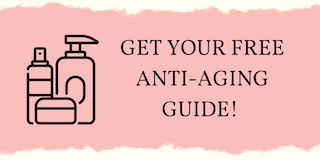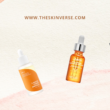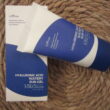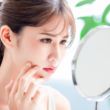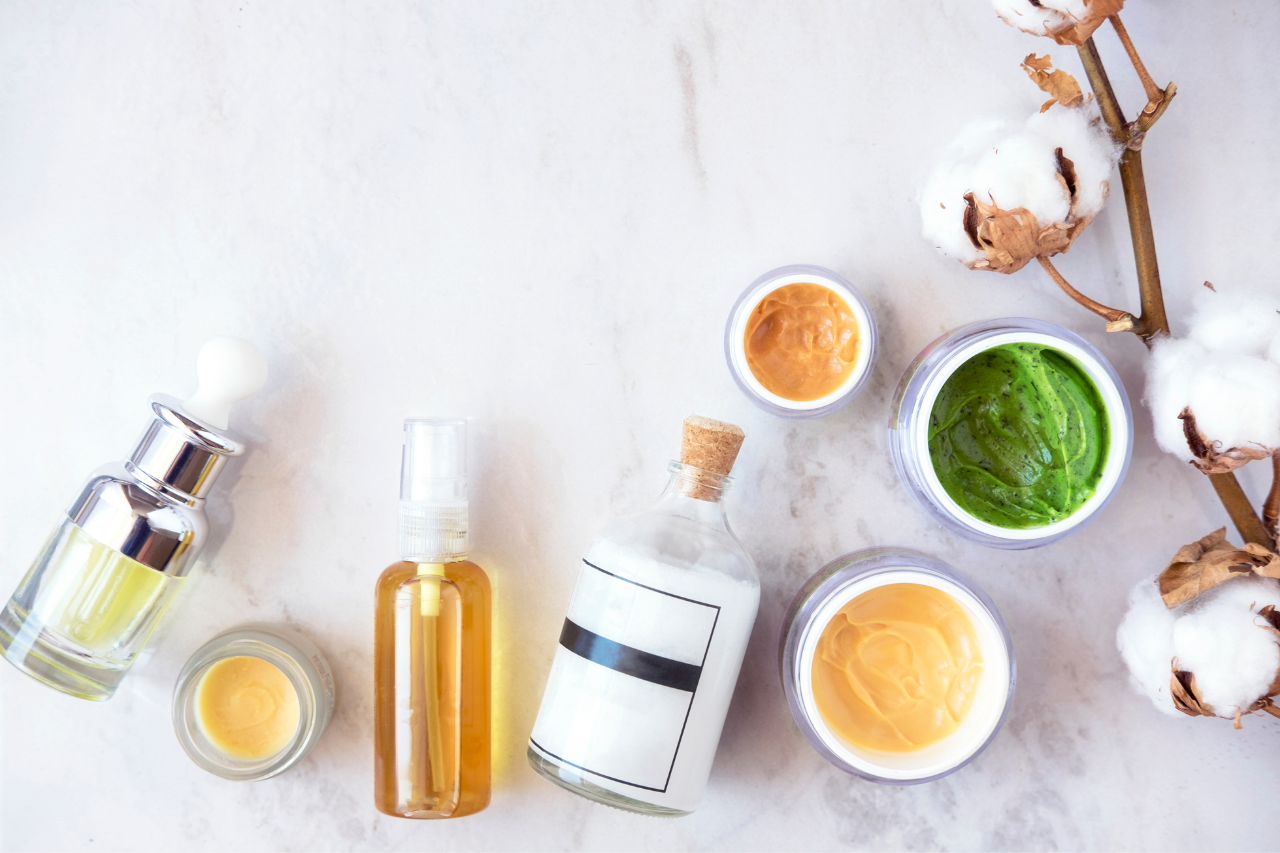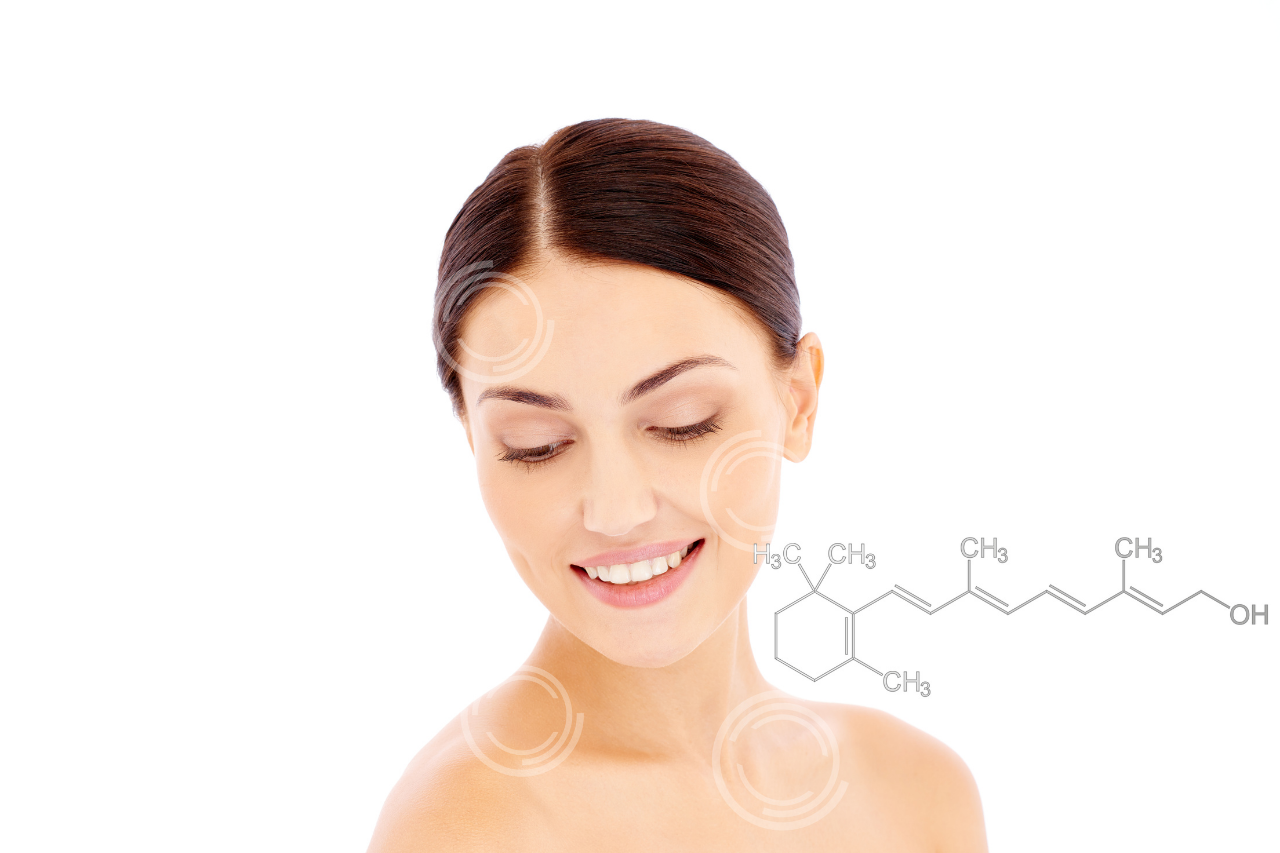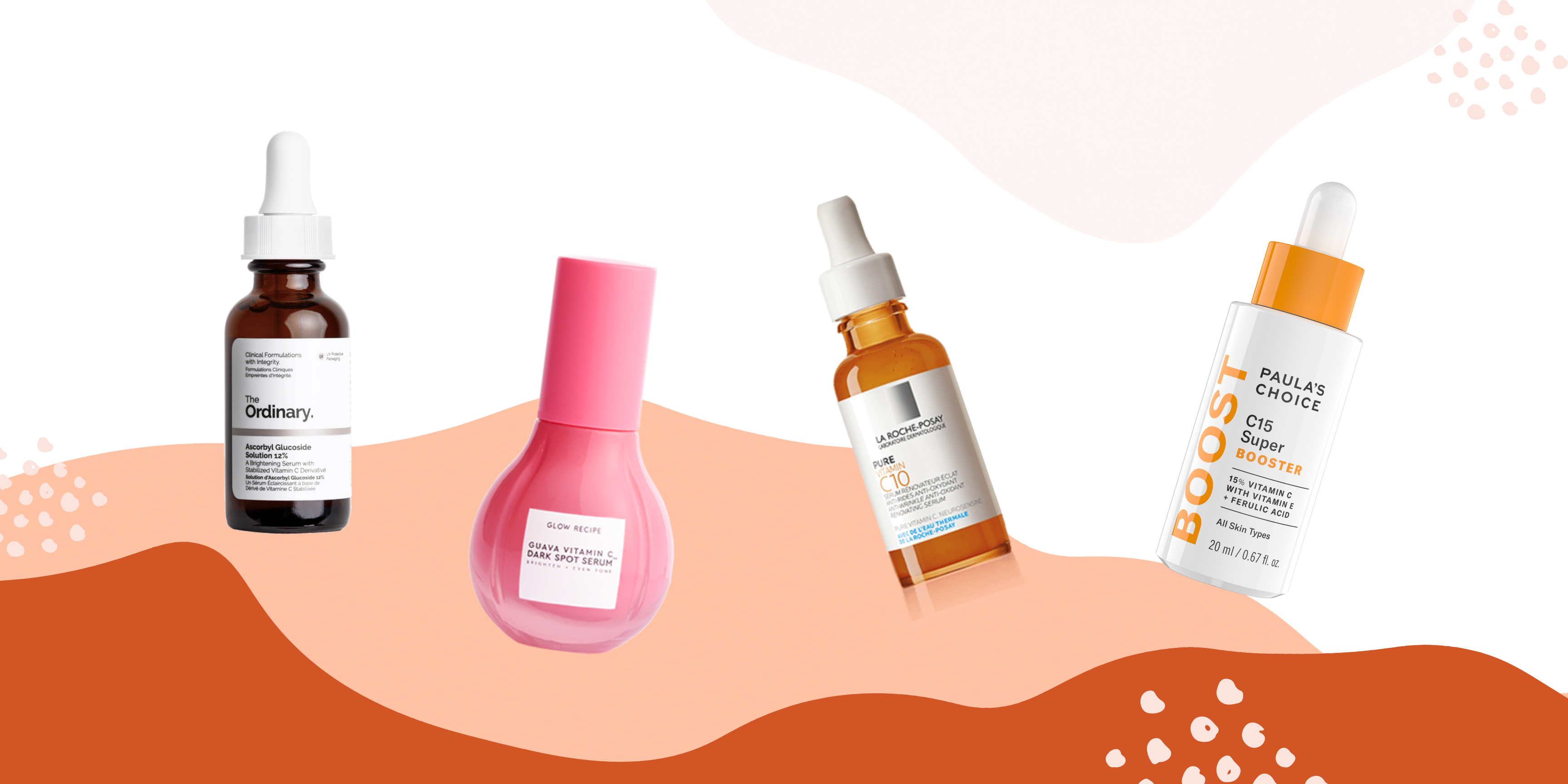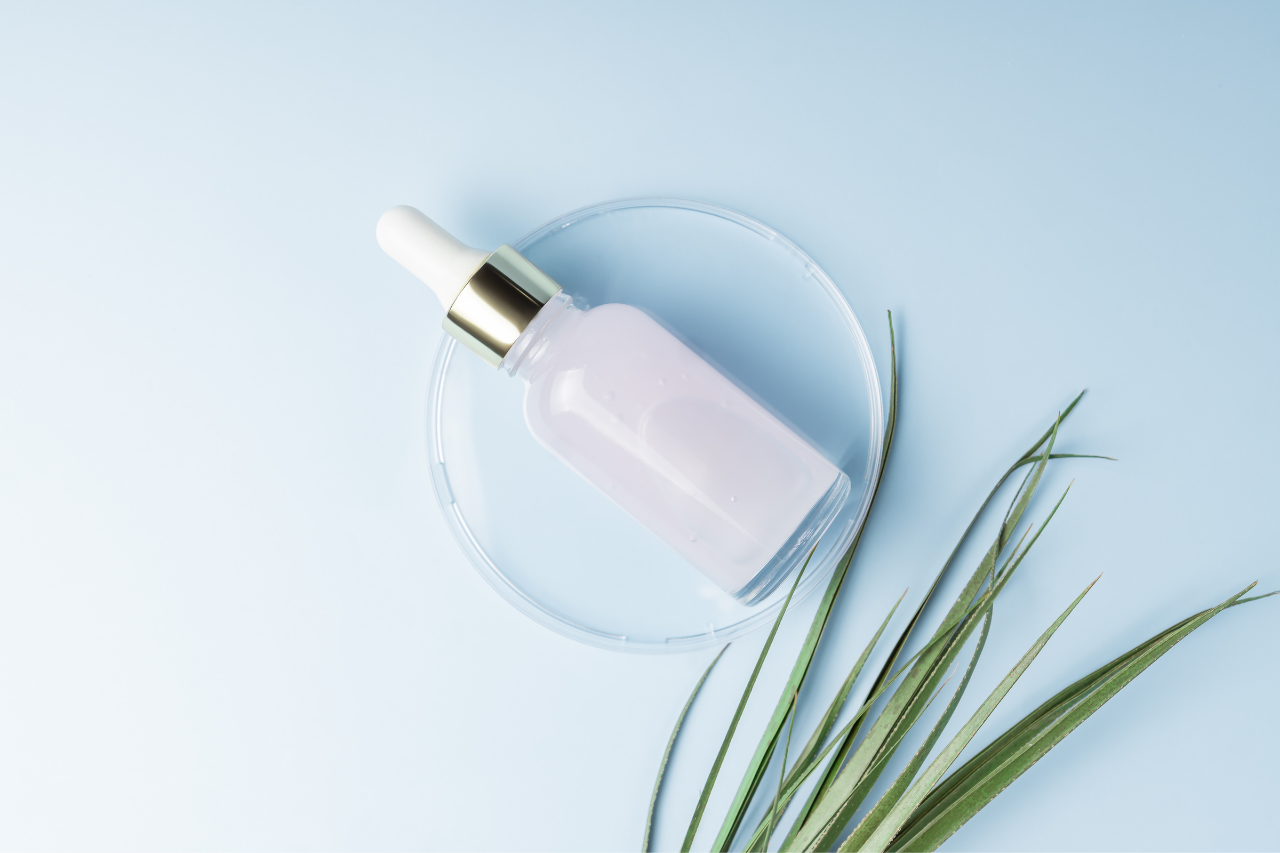Opinions on alcohol in skincare are like that complicated relationship you have tried ending so many times. But unlike your ex, alcohol is here to stay, at least in some cases.
Any mention of alcohol in skincare is met with caution by so many, and there are good reasons for that. However, it is important for you to tell the difference between “good” and “bad” alcohol. In general, alcohol in skincare gets a bad rap because of its wide use in makeup, which tends to dry out the skin, cause irritation, and break the skin’s protective barrier.
Makeup companies aren’t the only culprits for this vast alcohol use, even brands manufacturing “organic” and “natural” skincare add some form of alcohol to their products. So, why is that and is there any way to avoid alcohol content in your skincare routine?
But before we talk about that, let’s find out why alcohol is a god-sent for skincare manufacturers.
These are the common benefits of alcohol for skin:
- Alcohol is has a way with oily skin, because it basically draws the oil out
- Paired with other ingredients, it helps them get to the skin’s lower layers faster
- It has antibacterial properties, it kills the acne-inducing bacteria (it also acts as a preservative in products to prevent bacteria growth)
- It has cooling and tightening effect on skin in the short term because it draws the water from the surface of the skin (oily skin)
- Skincare brands use alcohol in retinol or vitamin C products because it easily penetrates into the deeper layers of the skin
Along with these benefits of alcohol for skin, alcohol is a relatively cheap ingredient for skincare manufacturers and serves a number of purposes in the skincare market.
Alcohol itself is drying and irritating for your skin bringing about premature aging. So, now you are more or less aware of the reasons why it is beneficial for skincare manufacturers and not-so-great for your skin in the long run.
Just to ease our alcohol anxiety, let’s look at some types of alcohol and their purposes, and categorize them accordingly.
Types of alcohol in skincare
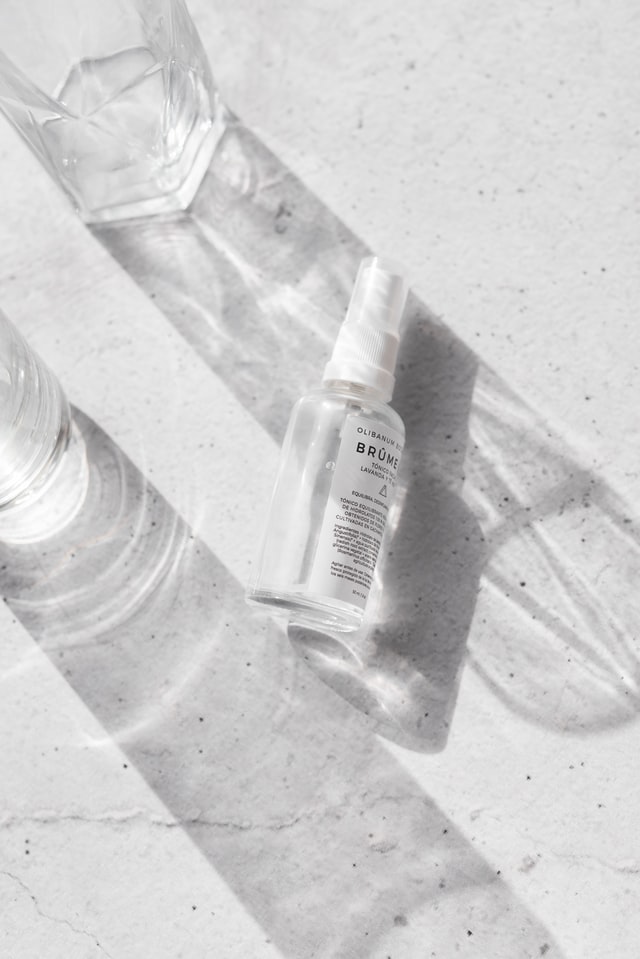
Simple Alcohols – The “Bad” Guys
Ethyl Alcohol (aka ethyl alcohol, ethanol, or simply alcohol) is one of the most common types of alcohol in skincare. This is the same alcohol found in fuels, alcoholic beverages, and medicines. Apart from cosmetics/skincare, alcohol can be found in shower gels, face toners, air fresheners, perfumes, mouthwashes.
They are essentially the same ethanol, although they are used in such different products. The only difference is: in most cases alcohol in cosmetics is denatured, i.e. denaturant has been added to it, which gives it a bitter taste. (aka Alcohol Denat) This is mainly done to keep people (especially kids) from consuming a cosmetic product with alcohol. The latter is very drying for the skin and should be avoided.
Other simple alcohols are Methanol, Ethanol, Propanol. Alcohol in skincare serves as an antibacterial agent, although it can dry out the skin and lead to irritations as we mentioned earlier. They should be avoided at all costs because they also destroy the hydrolipidic barrier (aka acid mantle) acting as a barrier to bacteria, viruses, and other potential external contaminants.
Fatty Alcohols – The “Good” Guys
After talking about the negative sides of alcohol in skincare, it is time to give some credit to fatty alcohols which essentially hydrate the skin due to their emollient (smoothing) and occlusive (aka retaining moisture) properties. Unlike their other counterparts, they do not dry out the skin due to the fact that they are obtained from plant materials such as coconut or palm.
In texture, such alcohols also differ from ethanol, since at room temperature they are a solid, waxy substance with a slightly yellowish tint.
Cetearyl Alcohol, Stearyl Alcohol, Cetyl Alcohol, Behenyl Alcohol, Arachidyl Alcohol are the most common fatty alcohols. Interesting, right? So next time you are shopping for new skincare products to try, don’t be scared to pick up the ones including the ingredients we mentioned above.
Aromatic Alcohols – Somewhere in the middle
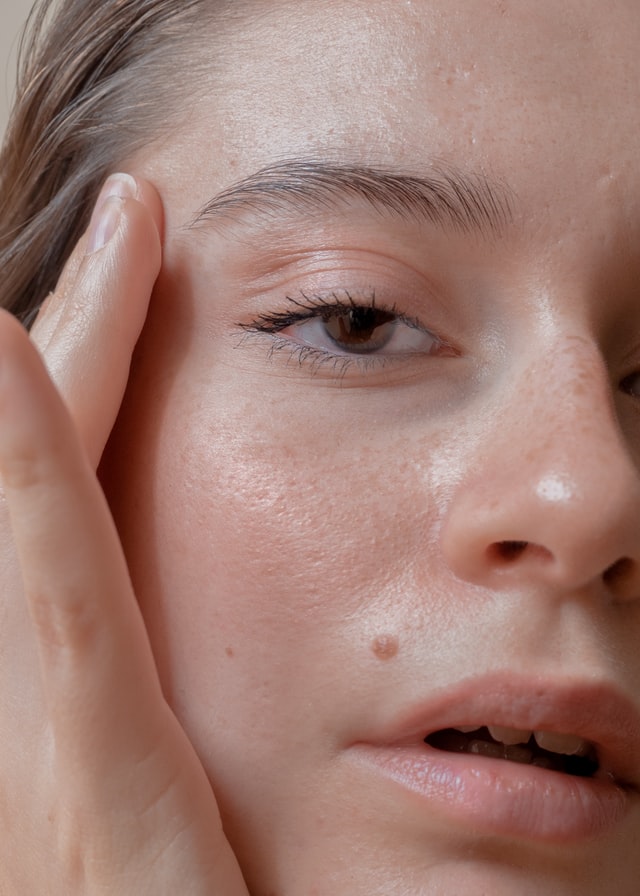
You know those amazing smells you think you get from some skincare products? Even though they are nice, they may not be good for your skin. Aromatic alcohols like Benzyl Alcohol and Phenethyl Alcohol are commonly used in certain skincare products acting as a preservative. Benzyl alcohol is considered safe when it is less concentrated in the formula (below 1%) and jasmine plants give it a specific fragrance.
With that said, it can dry out the skin and cause irritation at higher concentrations. Skincare products contain numerous toxins that are considered harmful to your skin. Even though they are added in small percentages, the damage that they are capable of doing is not small at all.
However, there are a few things to consider. Usually, there are two different types of them: Natural and Synthetic. Natural Benzyl Alcohol and Phenethyl Alcohol are derived from plants and are not processed. On the other hand, their synthetic substitutes can cause more damage such as again, irritation and allergies.
Is Benzyl Alcohol safe for skin?
Alcohol for skin does have its own ups and downs in general. But the answer here is, yes. Technically, Benzyl Alcohol for skin is one of the aromatic alcohols and is mostly used as a preservative to keep makeup and skincare products safe from bacteria. That’s why you can find it in many skin products like cleansers, hair products, soaps, and so on.
Benzoyl Alcohol for skin is naturally found in essential oils and FDA considers it safe to use. However, it is still alcohol and you should be careful with its concentrations.
If you have sensitive skin, do a patch test before you use the product. Just apply a small amount of the product on your forearm and see if it shows any reaction. If you experience redness, dryness, or irritation, stop using it asap.
Reading the ingredients with alcohol in it
A simple trick to tell the bad guys and the good guys apart is by paying attention to the endings. Typically, fatty alcohols end in “-yl” and simple alcohols end in “ol”.
As a rule of thumb, remember that if the word alcohol comes at the top of the list, there is a high chance it is going to be drying on your skin. This means that alcohol concentration in that particular product is high. Not only can it dry your skin out, but it can also damage your skin barrier.
You will want to avoid those products. However, there is good news. If you read alcohol as one of the last ingredients in the list, say, past 7th or 8th, then you are good. Look out for Ethanol, Methanol, Ethyl alcohol, Denatured Alcohol (Alcohol Denat), Isopropyl Alcohol, and SD Alcohol, and avoid buying those skincare products.
What does alcohol-free mean?
Ideally, due to all the reasons mentioned above, it is recommended to use alcohol-free skincare products for better, nourished, and more gentle skin. Especially, if you already have dry and sensitive skin, you must avoid using alcohol in skincare altogether.
You can start by looking for alcohol-free toners and moisturizers. However, you might see that some alcohol-free products use fatty alcohols that we talked about. Since they are safe to use, don’t freak out when you see them.
Bottomline
Although alcohol for skin poses a lot of controversies, depending on the type of alcohol and the percentage used in the skincare formula you can make your own conclusions.
The main thing is, do not be alarmed when you see the word “alcohol” on the label of the product and pay close attention to the endings.
Fatty acids aren’t scary, for example, and can be used as useful alcohol for skin. Since alcohol in skincare can be a wild card, it is important to double-check product labels and be aware of your skin type and how it can react. Do not forget to consult with an expert, or a dermatologist if necessary.

